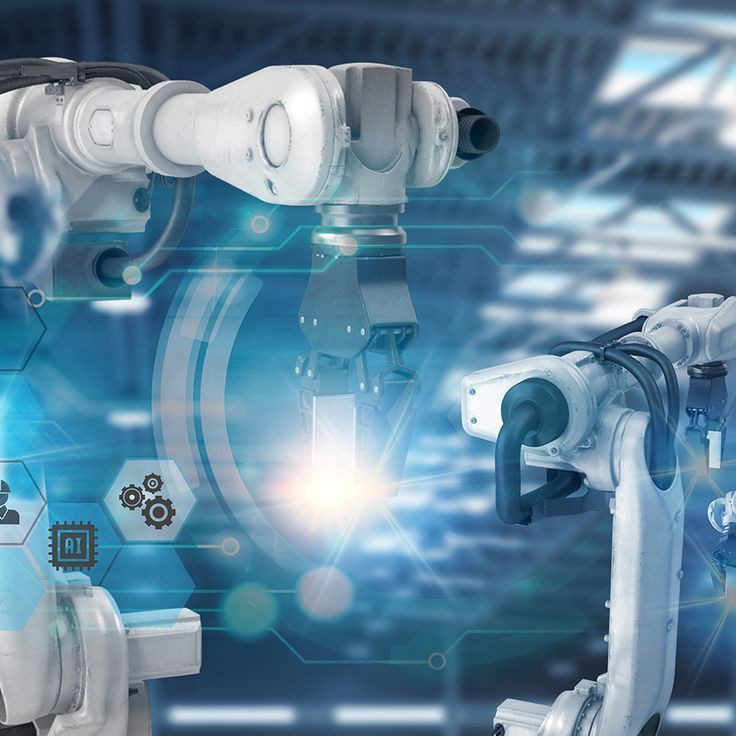In recent years, advanced manufacturing techniques have revolutionized various industries, bringing unprecedented efficiency, precision, and customization capabilities to production processes. These innovations encompass a range of technologies and methodologies that are reshaping the landscape of manufacturing worldwide.
Precision and Efficiency Redefined
One of the key impacts of advanced manufacturing techniques is the enhancement of precision and efficiency in production. Technologies such as additive manufacturing (3D printing), robotics, and computer numerical control (CNC) machining enable manufacturers to create complex designs with unparalleled accuracy. This level of precision not only reduces waste but also optimizes resource utilization, ultimately leading to cost savings and higher-quality end products.
Customization and Flexibility
Advanced manufacturing allows for greater customization and flexibility in production. Unlike traditional manufacturing methods that often require specialized tooling and processes for each product variation, advanced techniques empower manufacturers to produce customized parts and products quickly and cost-effectively. This capability is particularly beneficial in industries like aerospace, automotive, and healthcare, where personalized solutions are increasingly in demand.
Accelerating Innovation Cycles
The rapid prototyping capabilities of advanced manufacturing techniques accelerate innovation cycles significantly. Design iterations that once took weeks or months can now be completed in days. This agility enables manufacturers to respond swiftly to market demands, incorporate customer feedback more efficiently, and stay ahead of competitors in a fast-paced global economy.
Sustainable Manufacturing Practices
Advanced manufacturing techniques also contribute to more sustainable practices within industries. By minimizing material waste, optimizing energy consumption, and reducing carbon footprints, these technologies align with environmental goals and regulatory standards. Additive manufacturing, for instance, reduces material waste by building products layer by layer, using only the necessary amount of material.
Reshaping Workforce Skills and Training
The adoption of advanced manufacturing requires a workforce equipped with new skills and knowledge. Manufacturers are investing in training programs to educate employees on operating and maintaining advanced machinery, programming robotics, interpreting digital models, and utilizing data analytics for process optimization. These skill sets are essential for maximizing the benefits of advanced manufacturing technologies and ensuring competitiveness in the global market.
Integration of Digital Technologies
Advanced manufacturing techniques are closely intertwined with digital technologies such as artificial intelligence (AI), Internet of Things (IoT), and cloud computing. These digital integrations enhance automation, real-time monitoring, predictive maintenance, and data-driven decision-making across manufacturing operations. The convergence of physical and digital realms in manufacturing is transforming how products are designed, produced, and distributed.
The Future of Manufacturing
As advanced manufacturing techniques continue to evolve, their impact on industries will only intensify. From precision engineering and customized production to sustainability and digital integration, these innovations are reshaping manufacturing practices worldwide. Embracing these technologies not only enhances operational efficiencies and product quality but also positions industries for future growth and competitiveness in an increasingly interconnected global economy. The journey towards leveraging advanced manufacturing is not just about adopting new technologies but also embracing a mindset of continuous innovation and adaptation to stay at the forefront of industry evolution.

